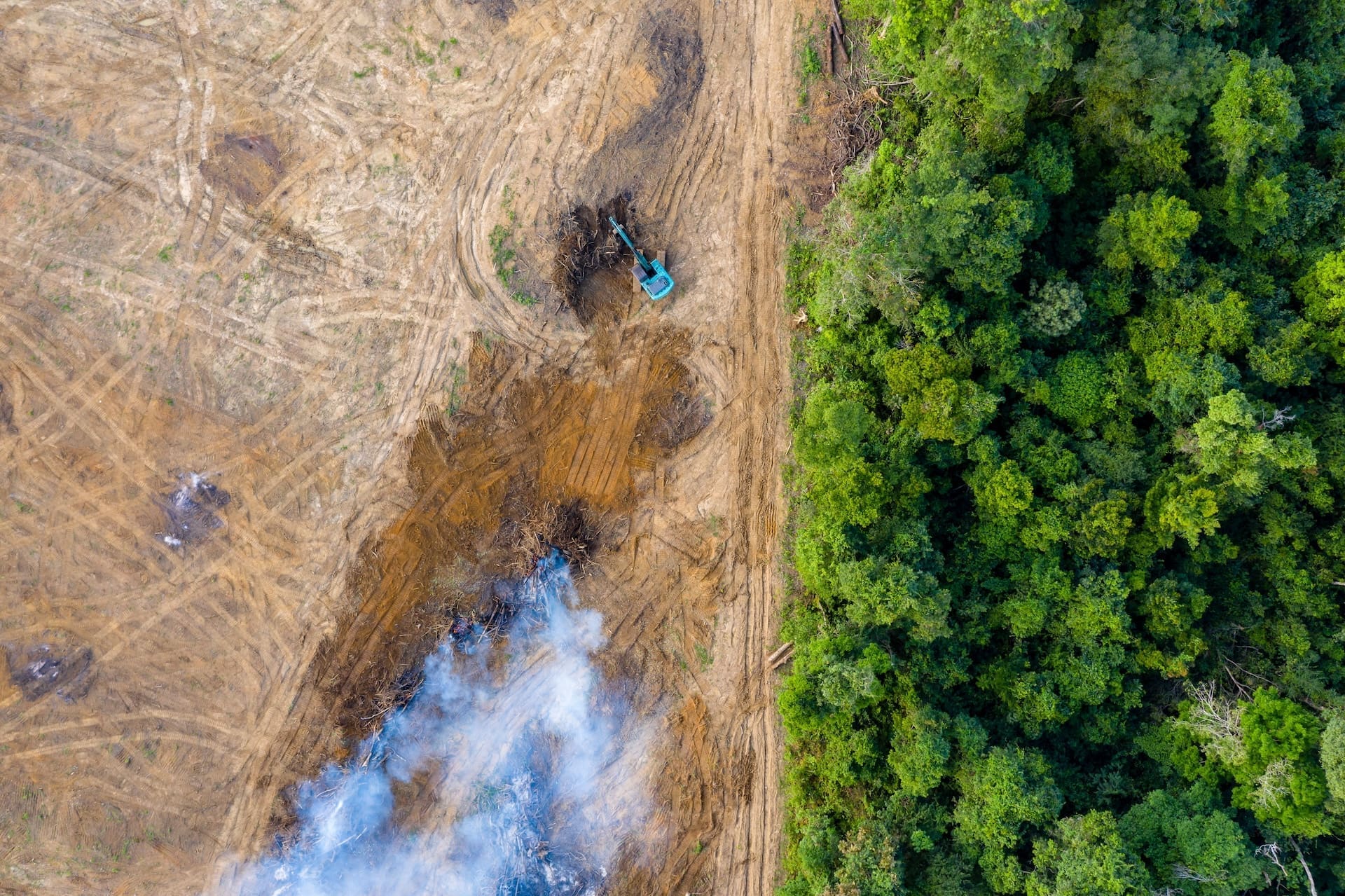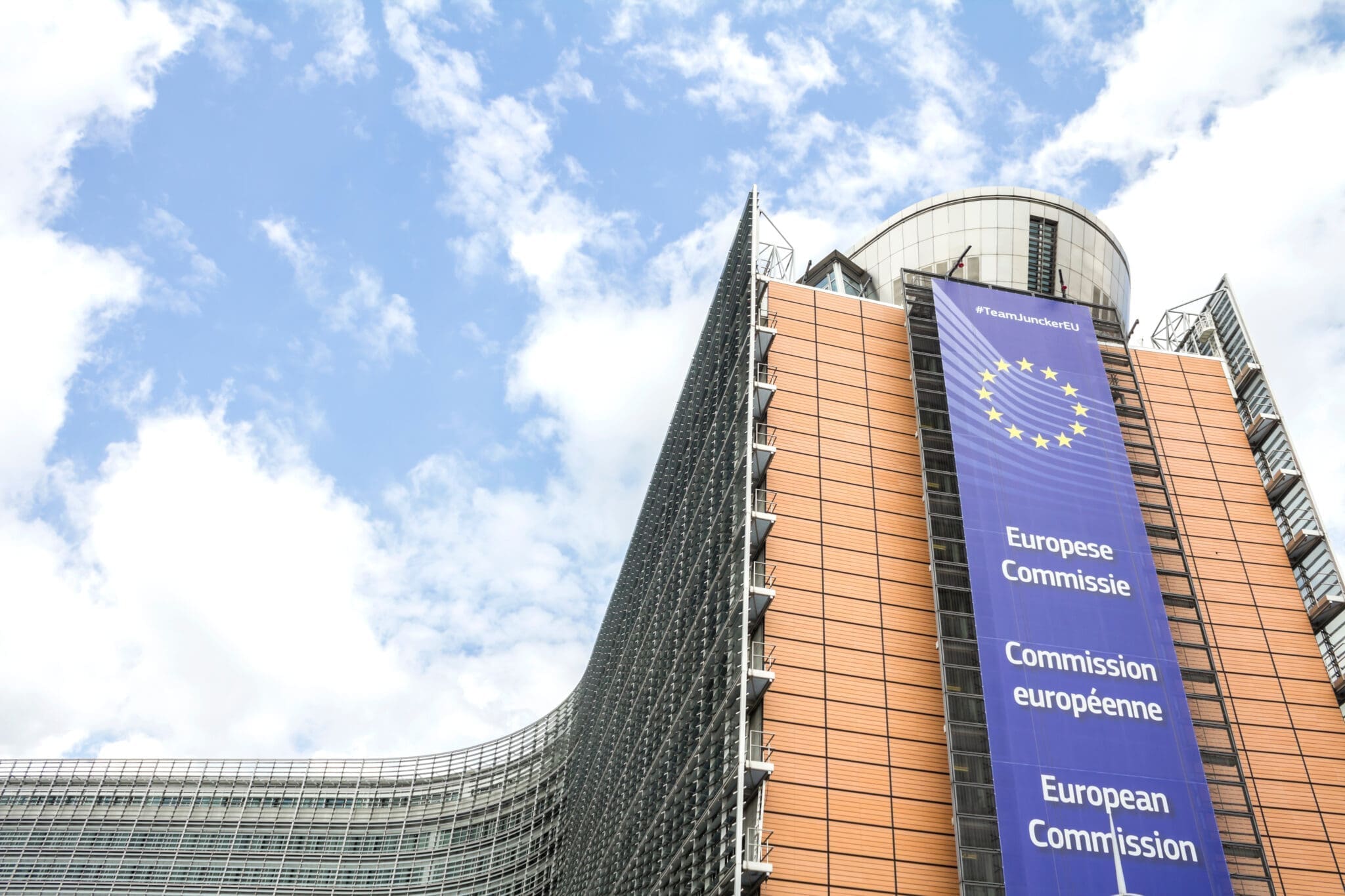The EU deforestation regulations, officially known as the EU Regulation on Deforestation-Free Supply Chains, aim to tackle deforestation and forest degradation by ensuring that products imported into the European Union do not contribute to these environmental issues. The EU DR regulations are part of the EU’s broader strategy to address climate change and promote sustainability and come into force in December 2025.
EUDR goals and objectives
The primary objective of the EU deforestation regulations is to ensure that commodities and products entering the EU market do not originate from land that has been deforested or degraded. The goal is to minimize the EU’s contribution to global deforestation and forest degradation, which are major factors in climate change and biodiversity loss.
EUDR Scope
The regulation covers a range of products associated with deforestation risks. The highest profile of these are:
- Soybeans: Used in animal feed and other products.
- Palm Oil: Found in food, cosmetics, and various industrial products.
- Coffee: A major commodity with potential deforestation links.
- Cocoa: Used in chocolate and other food products.
- Wood and Wood Products: Includes paper, furniture, and other timber-based products.
- Rubber: Used in automotive and other products.
EUDR Due Diligence Requirements
Companies importing products associated with deforestation risks into the EU are now required to perform due diligence to ensure their supply chains are deforestation-free. This involves:
- Traceability: Companies must trace the products back to their source and ensure they do not come from deforested or degraded land.
- Verification: Businesses must provide evidence that their products comply with the regulation, including documentation and certification from suppliers.
- Risk Assessment: Companies are required to assess and manage the risk of deforestation in their supply chains. This includes evaluating supplier practices and verifying their adherence to anti-deforestation standards.
Learn more about the challenges of meeting EUDR due diligence requirements.
Geolocation Data Requirements
To enhance traceability, the regulation mandates the use of geolocation data. Companies need to provide information about the geographic location of the land where the products are sourced. This geolocation data must be accurate and reliable to ensure compliance.
Exemptions and flexibility
There are some exemptions and flexibility provisions within the regulation. For example, small producers in developing countries might be given more time to comply, and certain products might be exempt under specific conditions.
Recent amendments to the regulations also include the inclusion of a “no-risk” category for countries believed to present negligible deforestation risks.
Support for Developing Countries
The EU regulation also includes measures to support developing countries in meeting the standards. This can involve technical assistance, capacity-building efforts, and funding to help local producers adopt sustainable practices and comply with the regulations.
To find more detailed information about the support provided by the EU for developing countries under the EU Regulation on Deforestation-Free Supply Chains, you can explore several key sources:
- European Commission: The European Commission’s website provides comprehensive details about the EU deforestation regulation, including policy documents, FAQs, and updates. Visit the European Commission’s page on deforestation and supply chains here.
- European Parliament: For insights into the legislative process and discussions surrounding the regulation, the European Parliament’s website can be a useful resource. Check their publications and reports related to deforestation and trade regulations here.
Impact on businesses
The regulation significantly impacts businesses involved in the import, processing, and distribution of covered products. Companies will need to enhance their supply chain transparency, find ways to collect additional hard to get supplier data, ensure that data is verified, and potentially change their sourcing practices to align with the new requirements.
Implementation and enforcement
The regulation imposes strict penalties for non-compliance. Companies operating within or trading with the EU must take these regulations seriously, implementing thorough due diligence and robust supply chain management practices to avoid significant financial and operational repercussions.
Enforcement is managed by national authorities within EU member states, who are responsible for monitoring and ensuring adherence to the regulations. Penalties for violations can include fines and restrictions on market access.
Under the EU Regulation on Deforestation-Free Supply Chains, penalties for non-compliance can be severe, reflecting the EU’s commitment to enforcing its environmental and sustainability goals. While specific penalty amounts and enforcement actions are determined by the authorities in individual EU member states, the regulation sets a framework for these penalties.
Here are some potential examples of penalties that a company could face for violating the EU deforestation regulations:
Fines
Example: A company imports a shipment of cocoa beans into the EU that, despite assurances, turns out to come from deforested land. If the company fails to provide adequate evidence of due diligence or accurate traceability, it could face significant fines. The amount of the fine is typically proportional to the seriousness of the violation and can be substantial, potentially running into millions of euros, depending on the scale of the non-compliance.
Market Access Restrictions
Example: A furniture manufacturer imports wood products that are found to be sourced from areas that have experienced illegal deforestation. The company could be prohibited from selling these products in the EU market until they rectify their supply chain practices. This restriction can severely impact a company’s revenue and market position, especially if it relies heavily on the EU market.
Suspension of Import Licenses
Example: An importer of palm oil fails to provide sufficient geolocation data proving that its palm oil is deforestation-free. As a result, their import license might be suspended, preventing them from bringing any products into the EU until they demonstrate compliance with the regulation.
Legal Action
Example: If a company repeatedly violates the deforestation regulations or engages in deceptive practices to circumvent compliance requirements, it could face legal action. This could involve court proceedings resulting in additional financial penalties or orders to cease certain business activities.
Mandatory Compliance Programs
Example: A company found in violation of the deforestation regulations might be required to implement a compliance program, including hiring consultants to overhaul their supply chain management processes. This could involve significant additional costs and operational changes.
Reputational Damage
Example: Although not a formal penalty, companies found non-compliant with the EU deforestation regulations could suffer significant reputational damage. This can lead to a loss of customer trust, reduced market share, and long-term impacts on brand value.
Next steps
As of December 2025 for operators and traders and June 2026 for micro and small businesses, the EU deforestation regulations mean adapting to new compliance requirements and enhancing supply chain transparency. It also presents an opportunity to contribute positively to environmental sustainability.
Speak to Achilles about how we can help you to manage your Deforestation-related supply chain risks. Alternatively continue reading about the challenges and solution with ensuring compliance.


